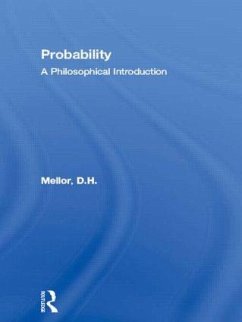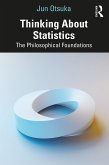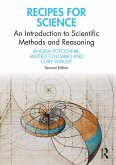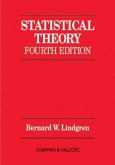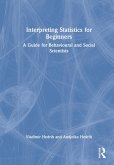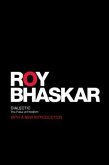Probability: A Philosophical Introduction introduces and explains the principal concepts and applications of probability. It is intended for philosophers and others who want to understand probability as we all apply it in our working and everyday lives. The book is not a course in mathematical probability, of which it uses only the simplest results, and avoids all needless technicality.
The role of probability in modern theories of knowledge, inference, induction, causation, laws of nature, action and decision-making makes an understanding of it especially important to philosophers and students of philosophy, to whom this book will be invaluable both as a textbook and a work of reference.
In this book D. H. Mellor discusses the three basic kinds of probability - physical, epistemic, and subjective - and introduces and assesses the main theories and interpretations of them. The topics and concepts covered include:
_ chance
_ frequency
_ possibility
_ propensity
_ credence
_ confirmation
_ Bayesianism.
Probability: A Philosophical Introduction is essential reading for all philosophy students and others who encounter or need to apply ideas of probability.
The role of probability in modern theories of knowledge, inference, induction, causation, laws of nature, action and decision-making makes an understanding of it especially important to philosophers and students of philosophy, to whom this book will be invaluable both as a textbook and a work of reference.
In this book D. H. Mellor discusses the three basic kinds of probability - physical, epistemic, and subjective - and introduces and assesses the main theories and interpretations of them. The topics and concepts covered include:
_ chance
_ frequency
_ possibility
_ propensity
_ credence
_ confirmation
_ Bayesianism.
Probability: A Philosophical Introduction is essential reading for all philosophy students and others who encounter or need to apply ideas of probability.

